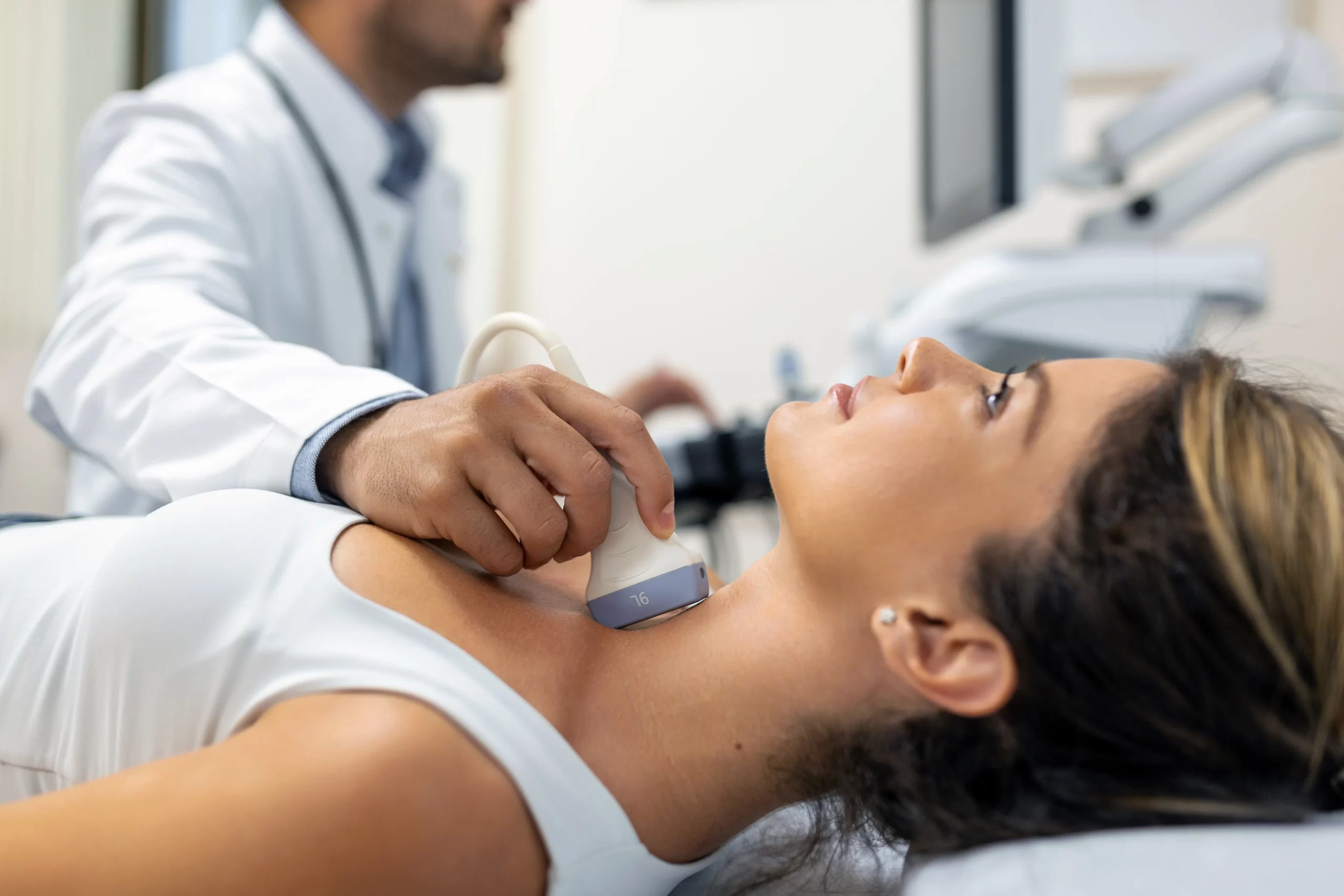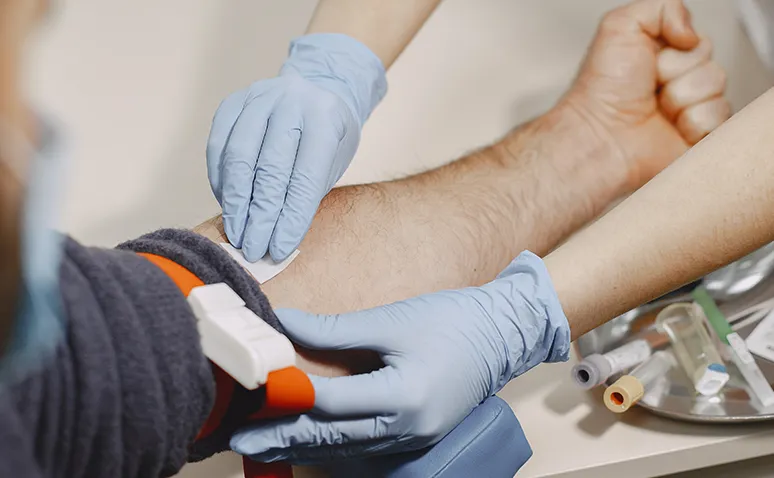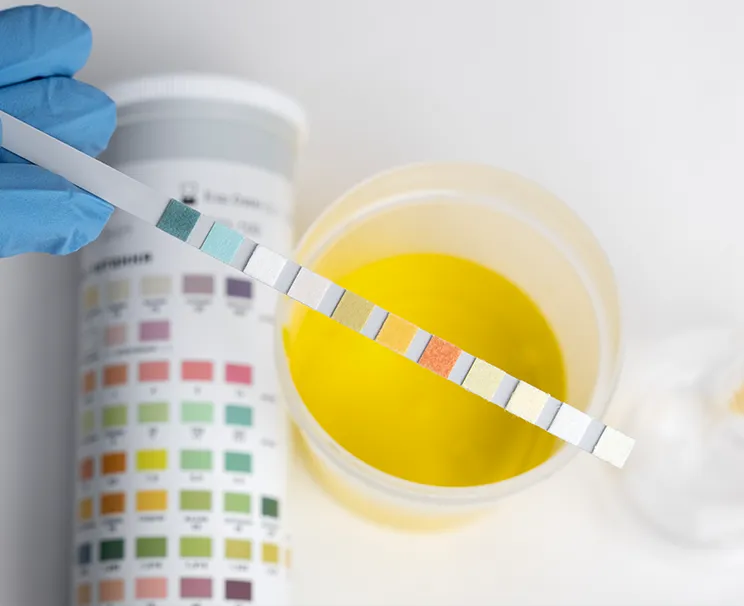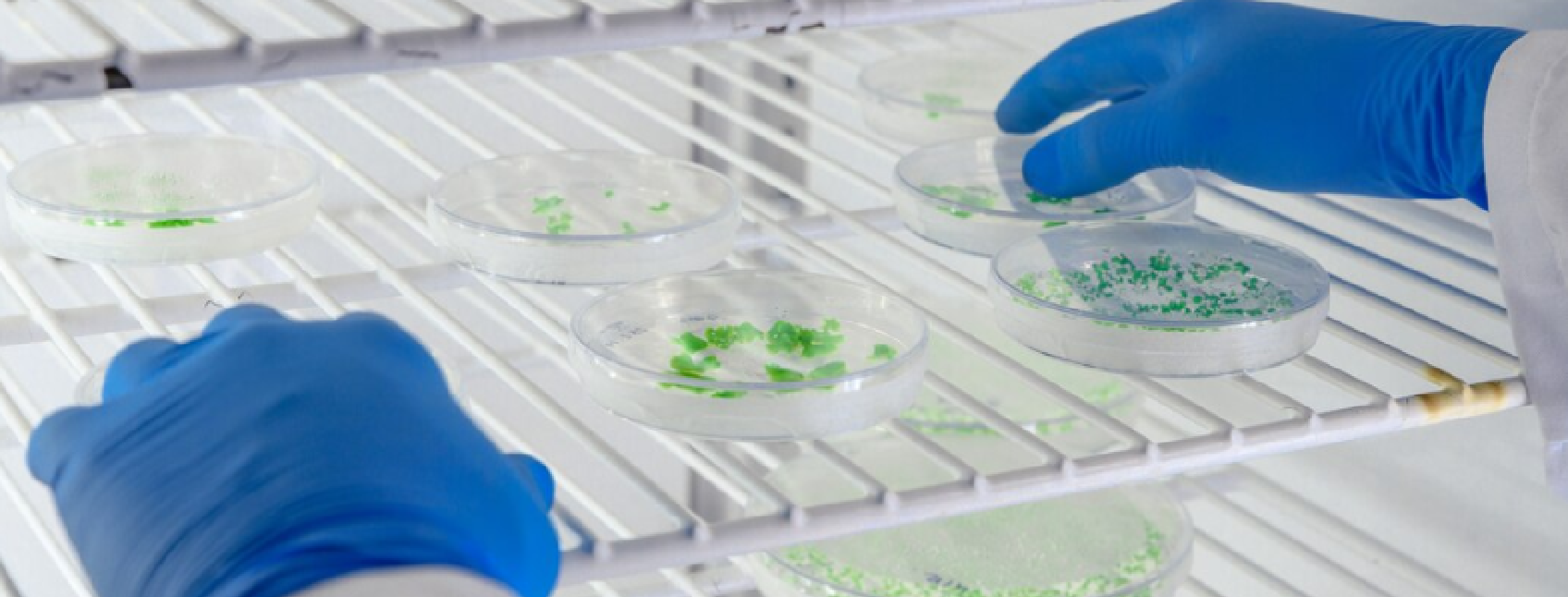
What is Microbiology? It is the branch of science that studies microorganisms. Bacteria, viruses, fungi, algae, and protozoa are among the microscopic organisms. Microbiologists study the structures, growth, and reproductive mechanisms of these organisms. Microbiology, particularly in the field of health, makes significant contributions.
What is Microbiology? It is a field that plays a critical role in the diagnosis and treatment of diseases. The identification of pathogenic microorganisms, the development of antibiotics, and the production of vaccines are some practical applications of microbiology.
The benefits of microbiology in the field of health can be listed as follows:
Detection and identification of microorganisms ensure the accurate diagnosis of infections.
Microbiological research contributes to the development of vaccines and helps in preventing infectious diseases.
The discovery and development of antibiotics used in the treatment of bacterial infections rely on microbiology.
Epidemiological studies help identify the sources of outbreaks and prevent their spread.
Modern treatment methods such as gene therapy and immunotherapy are developed using microbiological techniques.
The detection and control of foodborne pathogens are carried out through microbiological analyses to ensure food safety.
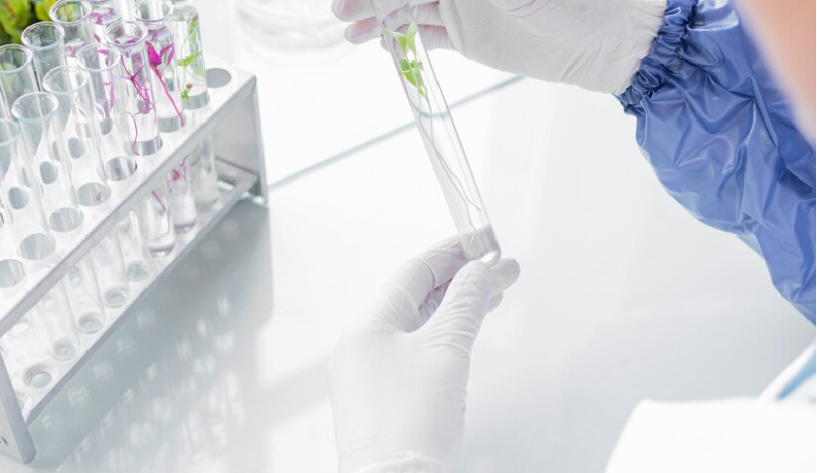
What Do Infectious Diseases and Clinical Microbiology Cover?
What is Clinical Microbiology? It is a medical field that studies microorganisms used in the diagnosis and treatment of infectious diseases. This discipline includes the identification of pathogenic microorganisms (bacteria, viruses, fungi, parasites), conducting antibiotic susceptibility tests, and determining the sources of infections.
What Are Infectious Diseases?
Infectious diseases are health problems caused by harmful microorganisms entering the body. Some common infectious diseases include:
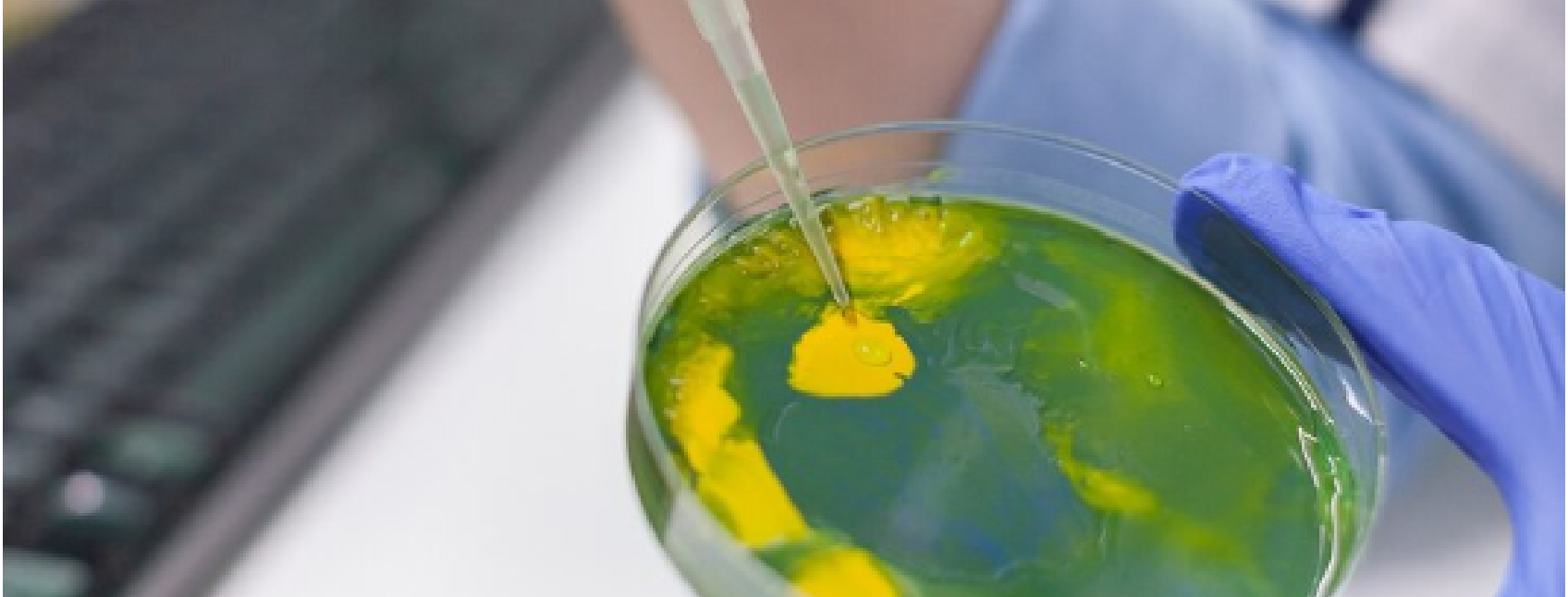
-
- Influenza
- Hepatitis (A, B, C)
- HIV/AIDS
- COVID-19
- Herpes Simplex Virus (cold sores)
-
- Pneumonia
- Tuberculosis
- Pertussis
- Tetanus
- Streptococcal infections (e.g., strep throat)
-
- Candida infections (e.g., thrush)
- Athlete’s foot
- Histoplasmosis
-
- Malaria
- Giardiasis
- Ascaris infections
-
- Creutzfeldt-Jakob disease
Microbiology laboratories play an important role in the diagnosis and treatment of these diseases. The analyses performed in these laboratories are essential for identifying the source of the infection and selecting appropriate treatment methods. In the laboratory environment, microorganisms causing the disease are isolated and identified. The special nutrient media used in this process are called culture media.
How Does a Microbiology Laboratory Work?
Culture media contain the nutrients necessary for the growth and reproduction of microorganisms. The growth of bacteria and other microorganisms is observed in these environments. Factors such as the colonization characteristics, shapes, and colors of bacteria are used to determine which type of microorganism is present. This way, it is possible to identify the cause of the infection and determine which antibiotics will be effective for treatment.
The results of microbiological analyses are crucial for guiding patients’ treatment processes. These analyses not only determine the type of infection but also reveal the resistance levels of microorganisms to antibiotics. This enables physicians to recommend the most appropriate treatment methods to patients.
A medical microbiology laboratory is an indispensable tool in the diagnosis and treatment of infectious diseases. These laboratories provide the necessary information for accurate diagnosis and effective treatment. Therefore, microbiology and related fields play a vital role in the control of infectious diseases. The analyses conducted in these laboratories enable physicians to treat patients more effectively.
What is a Microbiology Test?
A microbiology test involves laboratory tests carried out to detect, identify, and quantify microorganisms. These tests are used for the diagnosis of infectious diseases, guiding treatment, and controlling infectious diseases.
Microbiology tests involve isolating and identifying microorganisms from patient samples (such as blood, urine, sputum, tissue samples, etc.). The test results help determine the type of pathogens, antibiotic susceptibility, and other important characteristics. Through these tests, physicians can identify the source of the infection and select appropriate treatment methods.



